17 Scary Things That Can Happen When You Use Too Much Social Media
While scrolling through feeds can be entertaining, there’s a darker side to all that screen time. Many of us don’t realize how excessive use of social media can lead to some pretty scary consequences. From increased anxiety to feelings of isolation, the impact on our mental and physical health can be significant.
Here, we examine these risks more closely to balance our online lives better.
Anxiety Levels Can Skyrocket

Credit: pexels
Spending too much time online exposes you to a constant stream of comparisons. Seeing others’ achievements or seemingly perfect lives can create pressure and lead to feelings of inadequacy. This can trigger anxiety, making you feel like you’re never good enough or missing out on life’s opportunities.
Sleep Suffers Significantly
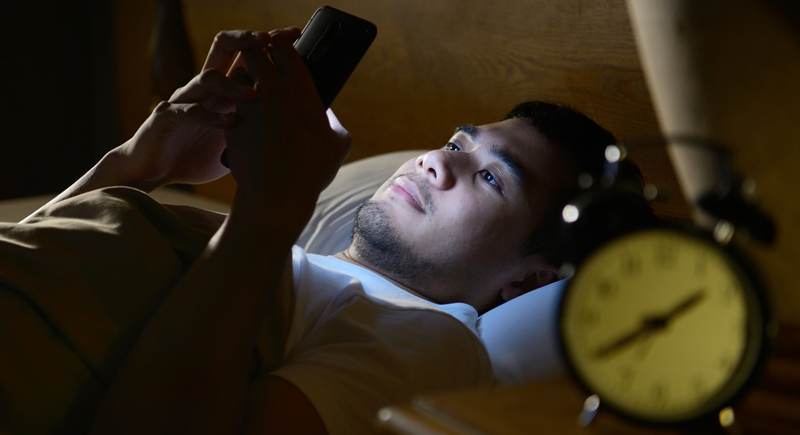
Credit: iStockphoto
Late-night scrolling can interrupt your sleep cycle. The blue light from screens reduces melatonin production, making it harder to fall asleep. Addictive content keeps you engaged, cutting into precious rest. Poor sleep leaves you tired and affects focus, mood and overall mental health.
Relationships Start to Strain
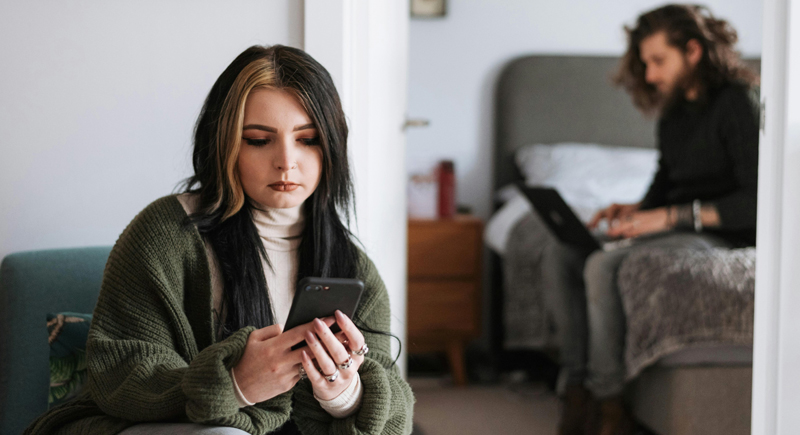
Credit: pexels
Checking your phone during conversations or family time can leave loved ones feeling neglected. Over time, this behavior erodes real-life connections and creates distance in relationships. It’s easy to prioritize online interactions, but real relationships need time, attention and genuine effort to thrive.
Cyberbullying Can Target Anyone

Credit: iStockphoto
Social media provides a platform for harassment. Cyberbullies can spread hateful comments, personal attacks, or even threats. Victims often face emotional scars, leading to anxiety and depression. This issue is especially severe for young users, who may lack the tools to handle online abuse.
Productivity Takes a Dive
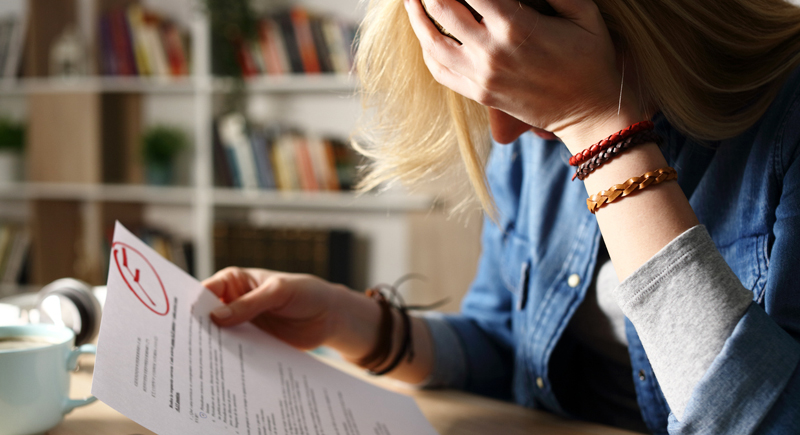
Credit: iStockphoto
Social media is a major time-sink. Constant notifications pull you away from important tasks, breaking focus and delaying progress. Hours spent scrolling can lead to missed deadlines, poor academic performance, or incomplete work. What feels like a quick break often turns into hours of distraction.
Body Image Issues Become Common
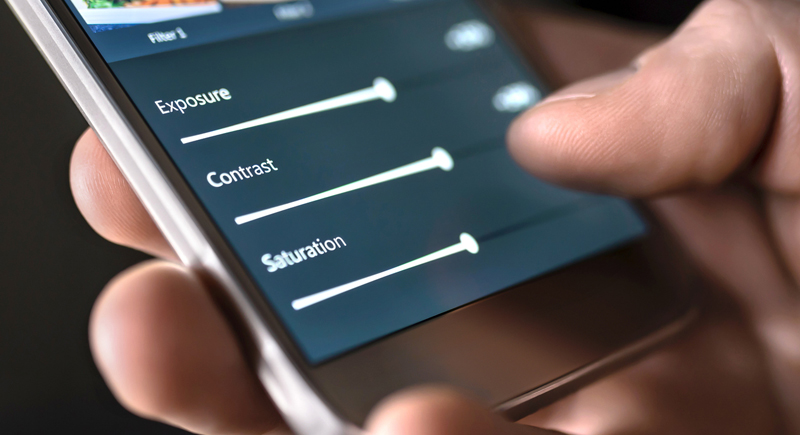
Credit: iStockphoto
Seeing heavily filtered and edited photos can distort your sense of self. Many users feel insecure about their weight, skin, or overall appearance. The pressure to look a certain way can lead to harmful habits, like unhealthy dieting or over-exercising, in pursuit of an impossible ideal.
Social Isolation Takes Over

Credit: iStockphoto
Ironically, excessive social media can leave you feeling lonelier. Online interactions lack the depth of face-to-face connections. Over time, people may withdraw from real-life social opportunities, creating a cycle of isolation that worsens feelings of loneliness and disconnection.
Privacy Gets Compromised
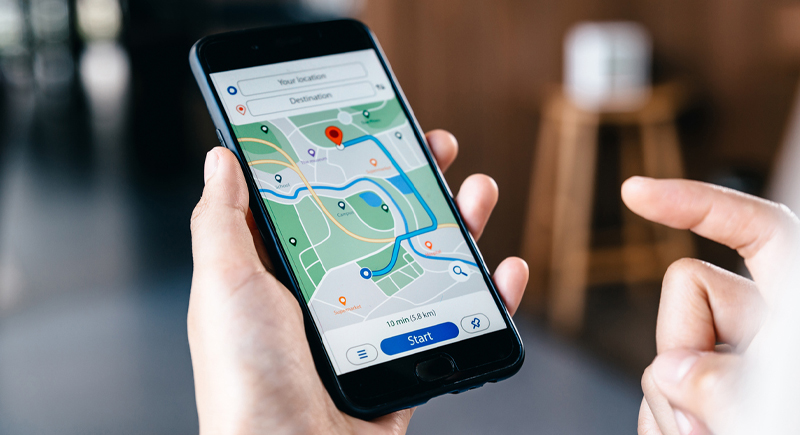
Credit: iStockphoto
Oversharing personal details, like your location or daily routine, puts your privacy at risk. Hackers and stalkers can misuse this information for theft or harm. Even seemingly harmless posts can expose sensitive data, leaving you vulnerable to scams or security breaches.
FOMO Becomes Overwhelming
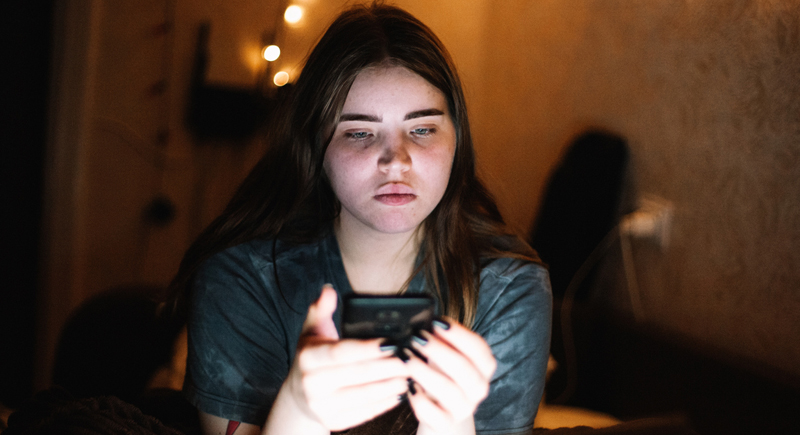
Credit: iStockphoto
Fear of missing out is amplified on social media, where everyone seems to live exciting lives. Seeing others travel, party, or succeed can make you feel left behind. FOMO often drives impulsive behavior, like overspending or unhealthy decisions, just to keep up with the illusion.
Addiction Develops Quickly
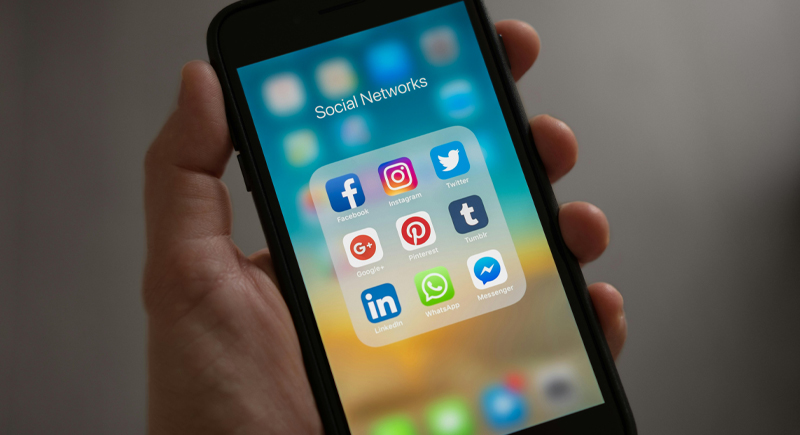
Credit: pexels
Platforms are designed to keep you engaged with endless scrolling and notifications. This triggers dopamine, making you crave more. Over time, social media can become addictive, disrupting your daily life. When you feel the need to check constantly, it’s a sign you’ve lost control.
Physical Health Declines

Credit: iStockphoto
Hours of sitting and scrolling contribute to a sedentary lifestyle. Overuse can lead to weight gain, poor posture, back pain and even long-term issues like heart disease. Staring at screens for too long also causes eye strain, headaches, and tech neck.
Misinformation Can Mislead You
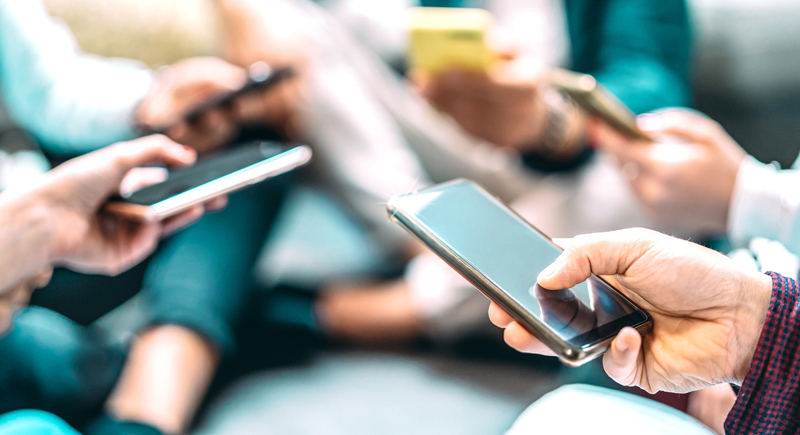
Credit: iStockphoto
Social media is a breeding ground for fake news and misleading posts. It’s easy to fall for unverified claims, especially when they’re shared widely. Believing false information can lead to poor decisions, unnecessary fear, or even financial losses.
Self-Esteem Gets Damaged

Credit: iStockphoto
Constantly chasing likes and followers for validation can harm your confidence. A lack of engagement on posts might make you feel unimportant or rejected. This dependence on social media approval can erode your self-worth over time, leaving you more insecure.
Scams and Fraud Increase

Credit: iStockphoto
Social media scammers use fake accounts, links, or ads to steal personal information or money. Phishing attempts are common, and falling for them can lead to identity theft or financial losses. Always verify accounts and links before interacting online.
Your Mental Clarity Declines

Credit: iStockphoto
The endless flow of posts, news, and opinions can overwhelm your brain. This “information overload” makes it harder to concentrate, process thoughts, or make decisions. Over time, the mental clutter leaves you feeling drained and mentally exhausted.
Over-Sharing Can Backfire
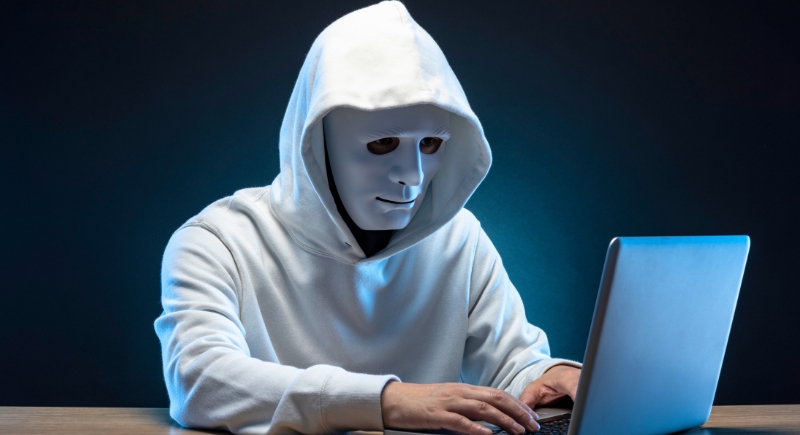
Credit: Getty Images
Sharing too much online can reveal personal details that invite real-world risks, such as identity theft or job repercussions. Even deleted posts often remain traceable, making true privacy hard to regain. What begins as friendly transparency can easily turn into exposure, leaving your personal boundaries open to anyone watching.
Increased Risk of Addiction to Validation
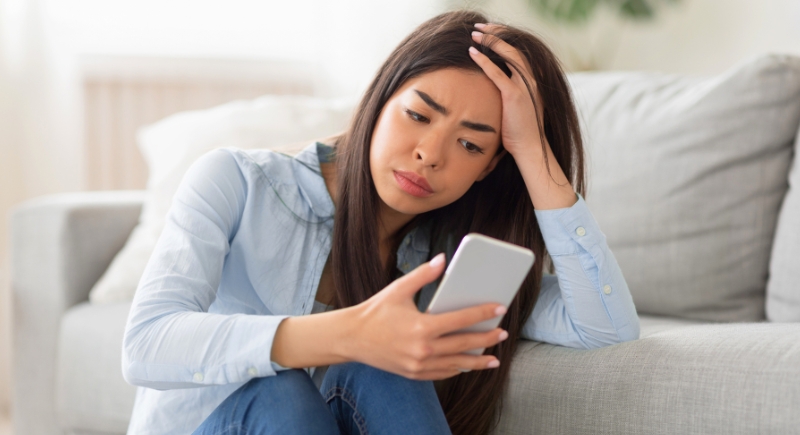
Credit: pocstock
Social media feedback triggers dopamine bursts that mimic the rewards of gambling or substance use. Over time, users may come to rely on likes or reactions to feel valued. When attention fades, anxiety or emptiness can follow, creating a cycle where online validation replaces genuine self-esteem and personal fulfillment.